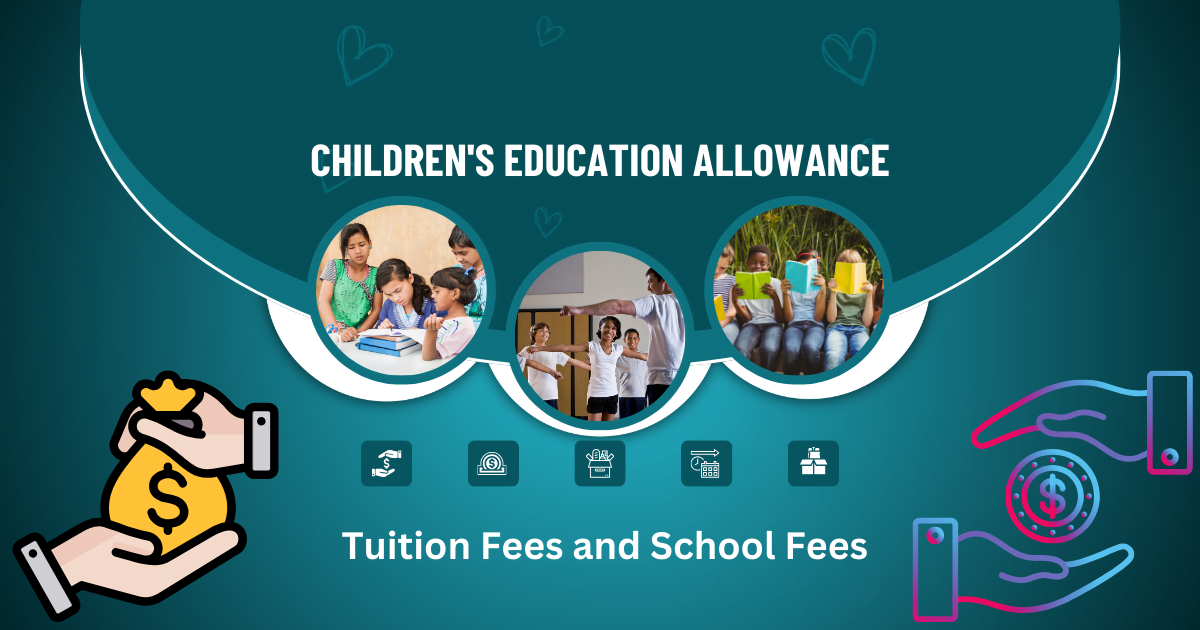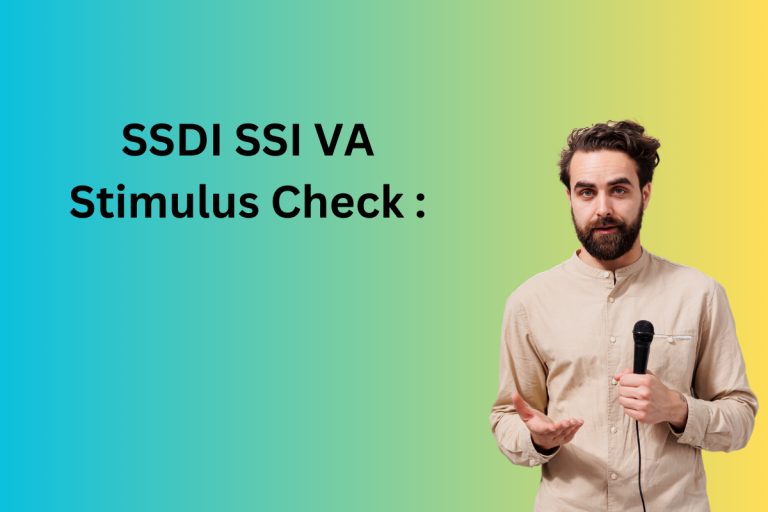Children’s Education Allowance, Tuition Fees and School Fees
Education is one of the most significant investments parents can make for their children. However, the cost of school tuition and other associated expenditures can be a considerable financial strain for families.
To ease some of the financial strain and promote literacy, the government provides a tax break for tuition fees paid for children. In this post, we will look at the tax benefits available for children’s tuition fees, as well as the eligibility conditions and how to claim them.
The following are the tax advantages associated with children’s education:
Exemption from Hostel and Education Costs for Children
In India, an employee is entitled to the following exemption*:
(*Only if costs are incurred in India by Income Tax Act Section 10(14))
Section 80C deduction for tuition fees
Any parent who has paid genuine tuition to a university, college, school, or other educational establishment may deduct that amount from their taxes. Section 80C does not allow for the deduction of other expenses, such as construction and transportation fees.
A person’s tuition costs can be deducted up to Rs 1.5 lakh in a financial year, in addition to deductions for insurance, provident fund, pension, and other goods.
Section 80C: Eligibility for Tuition Fee Deduction
If a person meets the requirements listed below, they may be eligible for a tax deduction under Section 80C for whatever amount they contribute towards their children’s education.
Section 80C: Ineligibility for Tuition Fee Deduction
How Do I Claim a Tax Exemption for Children’s Education Allowance and Tuition Fee Deduction?
Individual taxpayers can claim an income tax exemption for their children’s education under Section 10(14), as well as a tuition deduction under Section 80c.
For Salaried Individuals
Salaried persons must present the fee receipt given by the colleges or institutions to their employer at the end of the year, at the time of investment proof filing. They must also declare it on Form 12BB.
For Non-Salaried Individuals
A person who is not a salaried employee can only claim the tuition fee deduction under the VI-A schedule of Section 80C. Non-salaried taxpayers are not obliged to provide a bill while submitting ITR. Nonetheless, they should maintain the receipts to support their claims.
It is vital to note that the children’s education allowance, which is part of the wage structure, and tuition expenses are two separate deductions. As a result, these deductions can be claimed independently, subject to the limitations indicated above.







